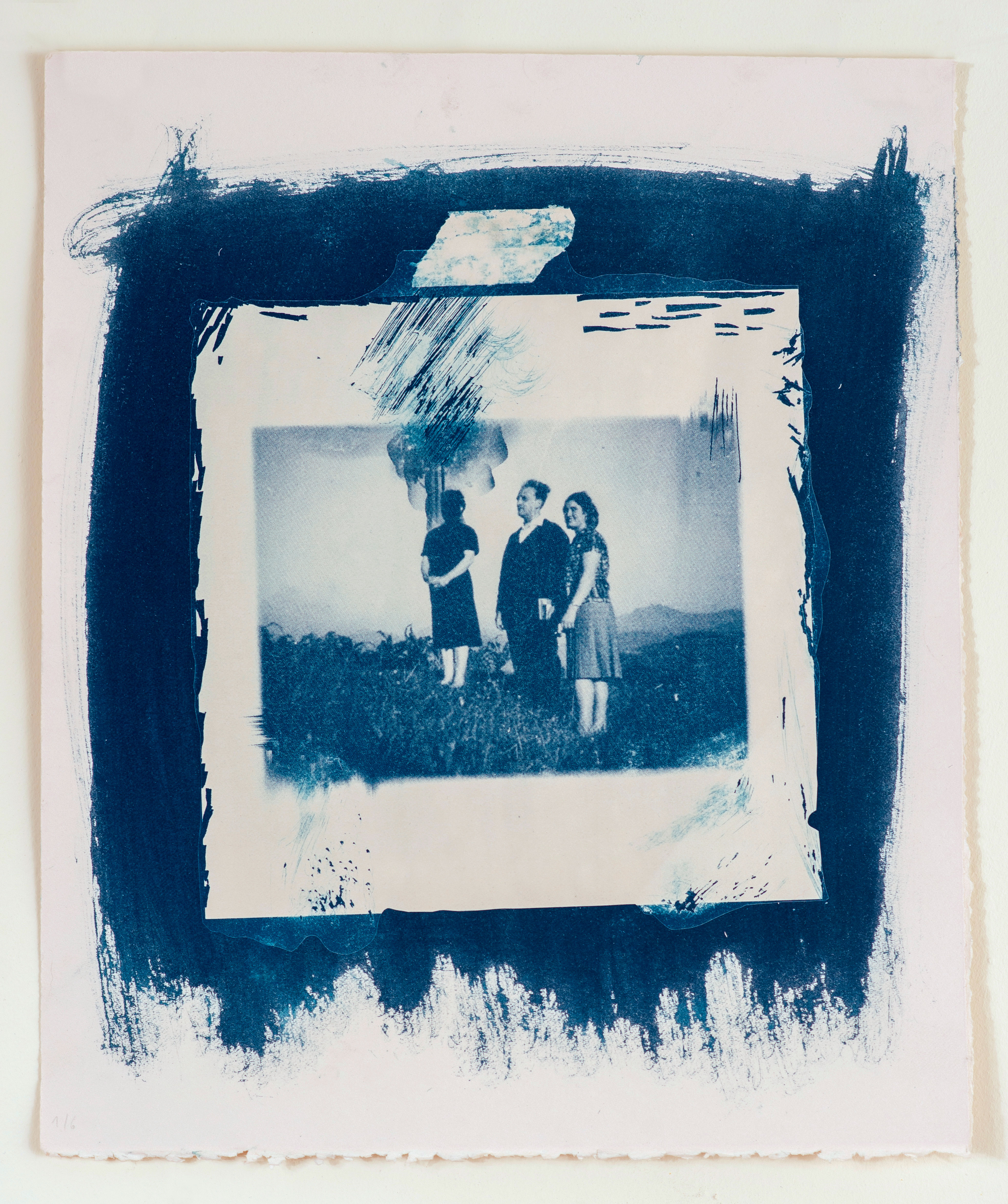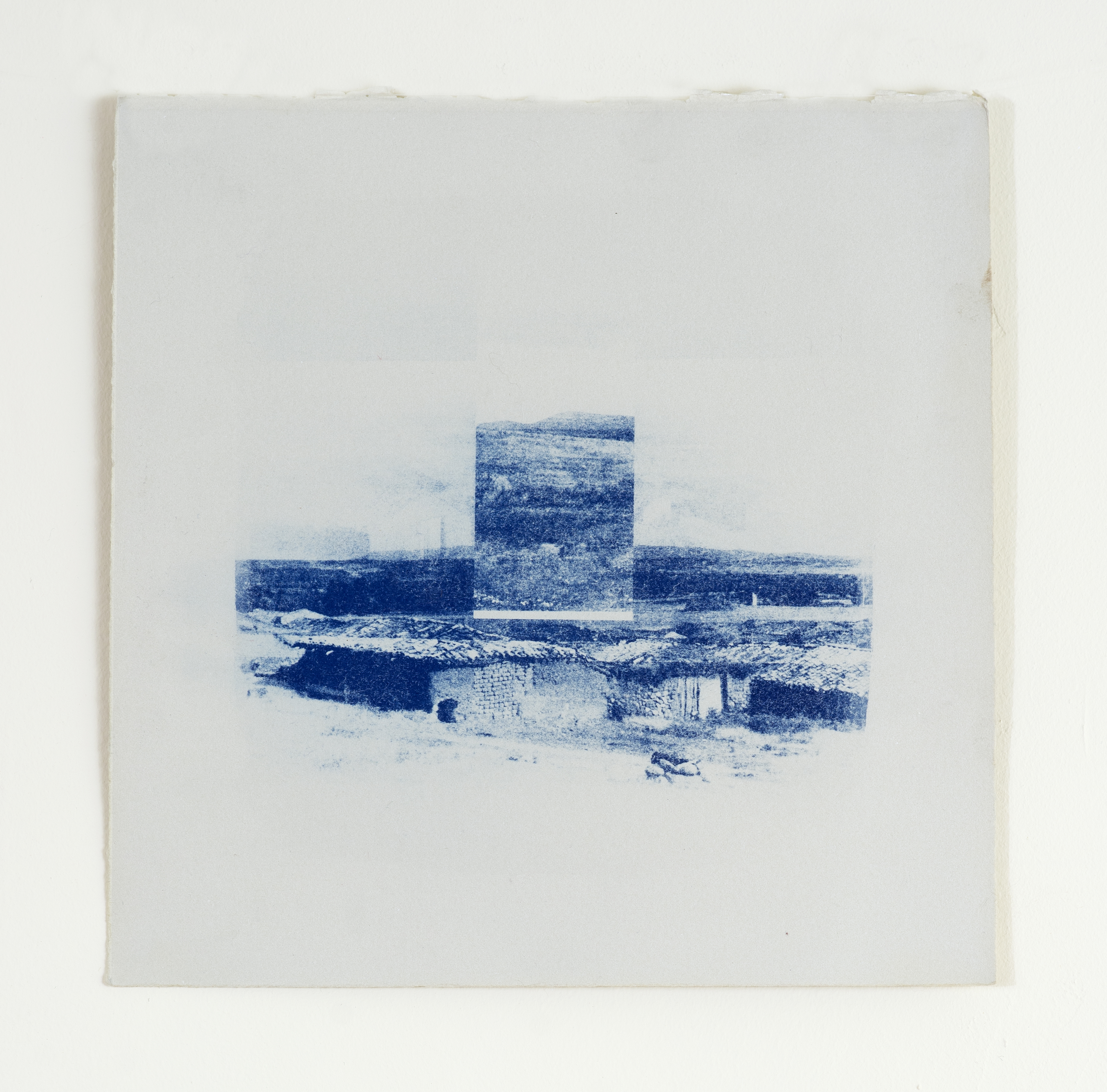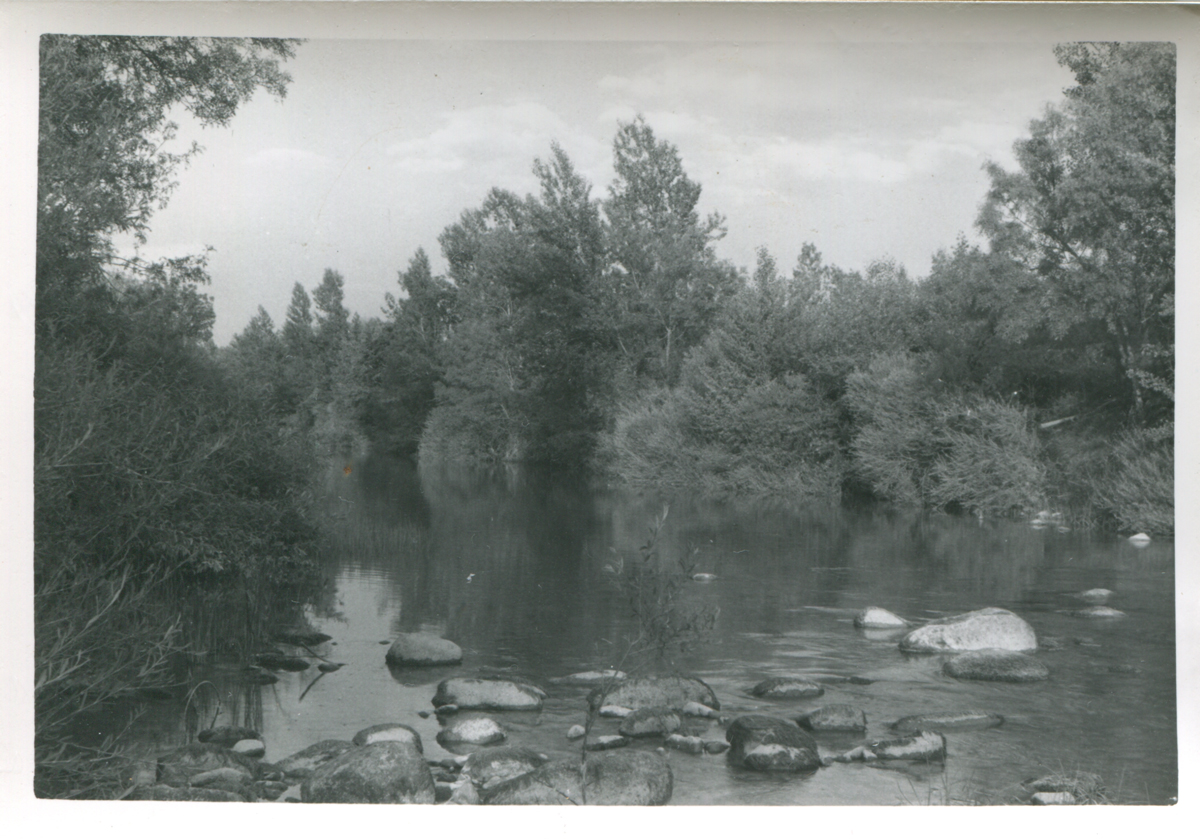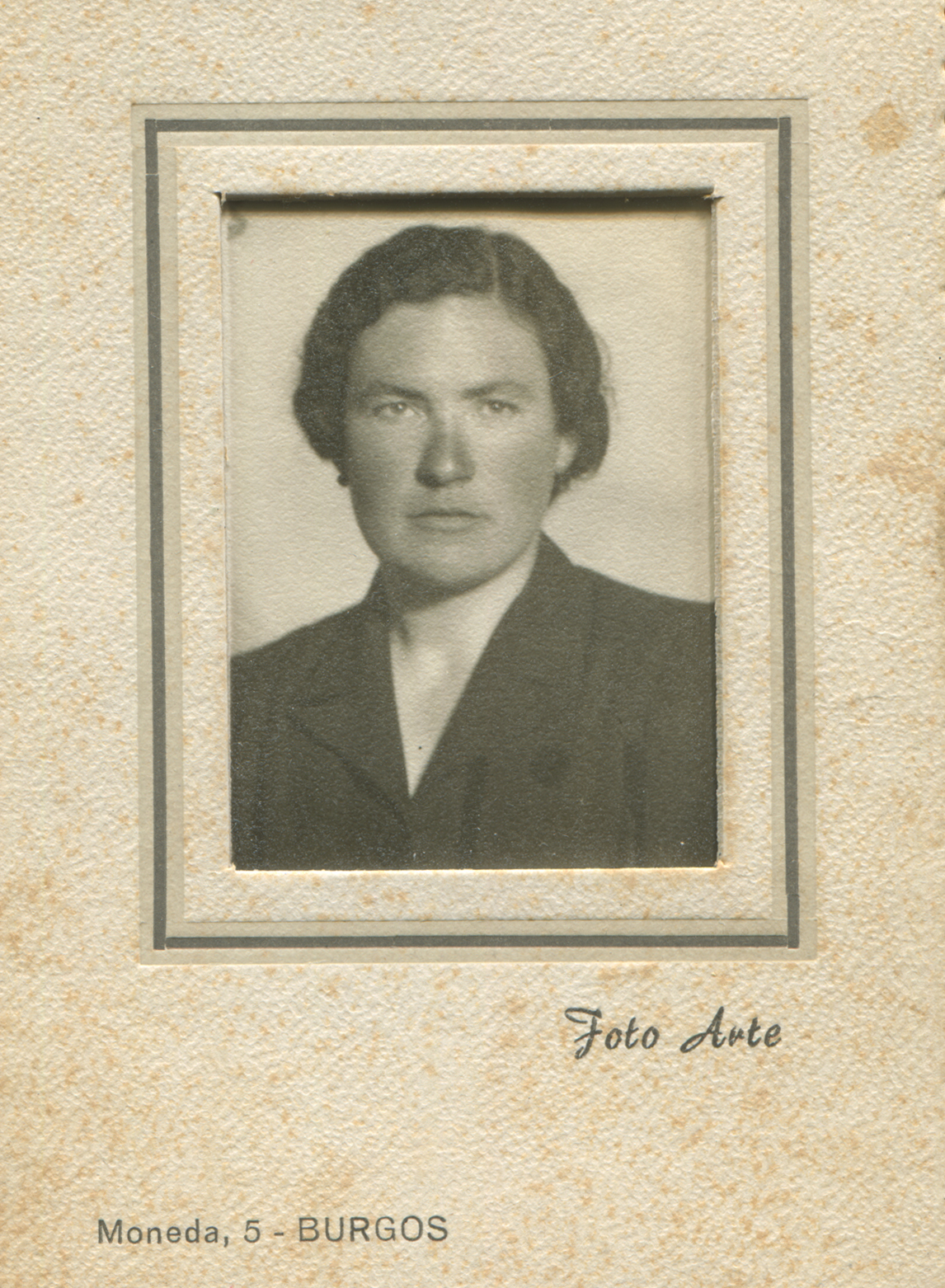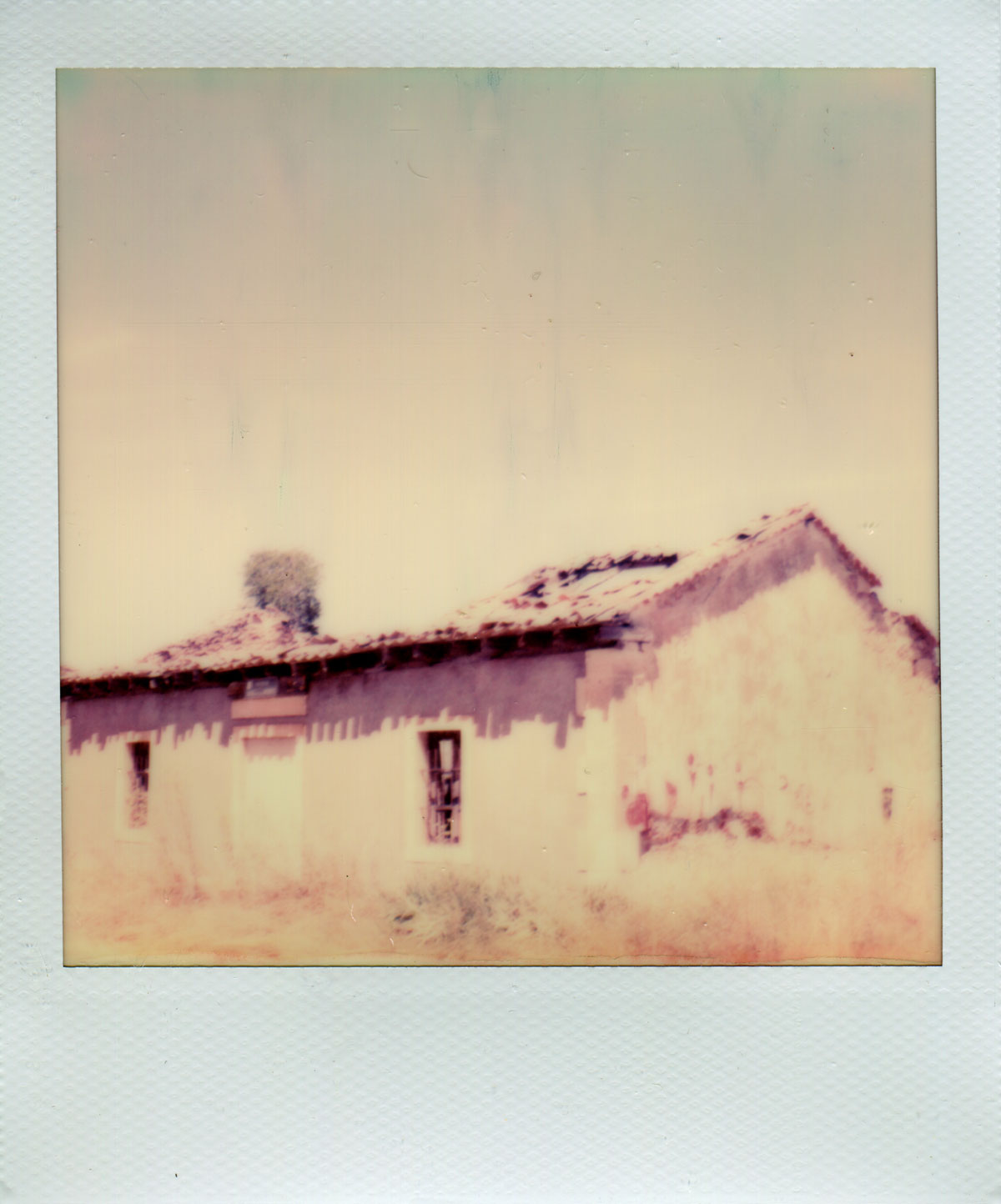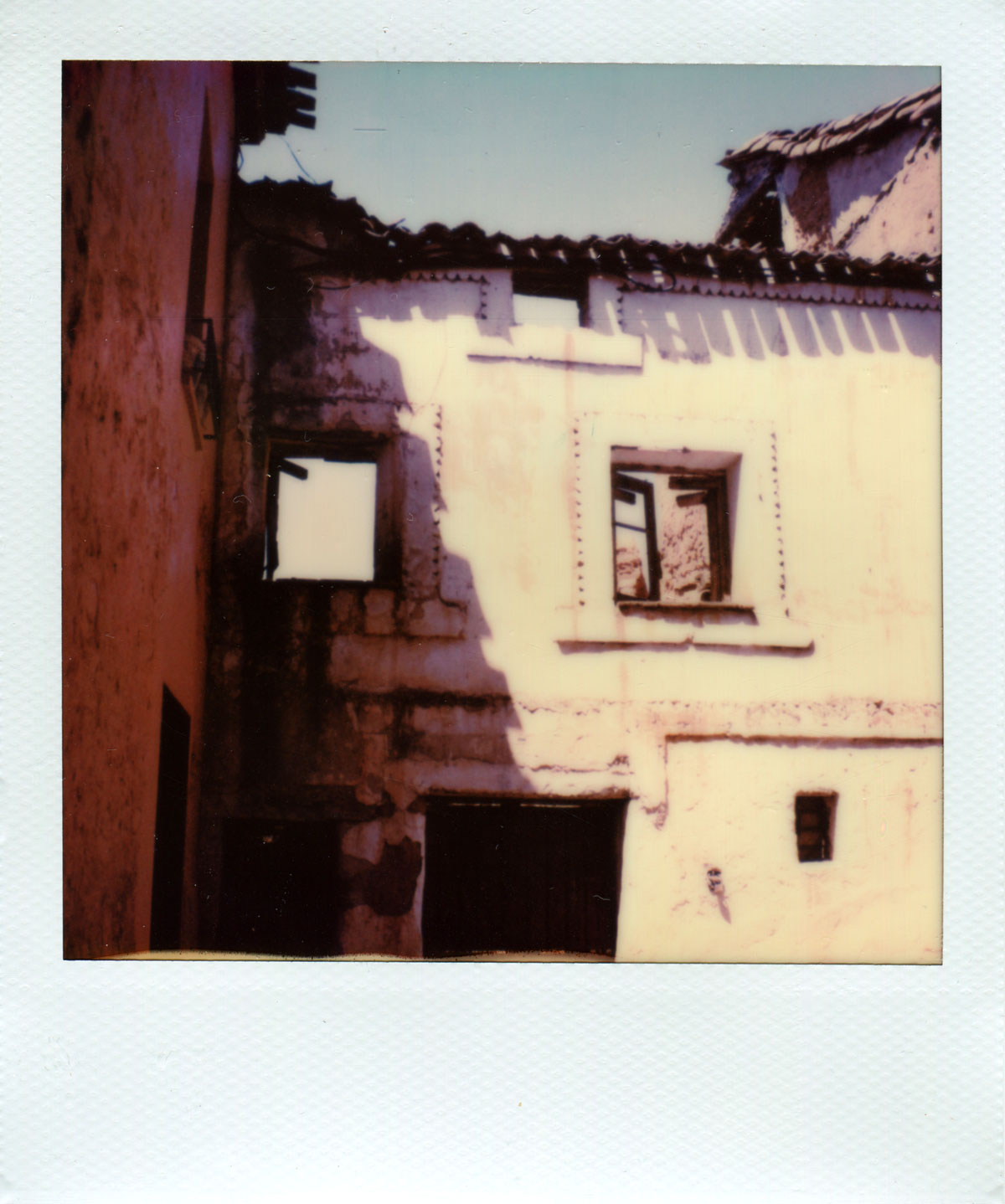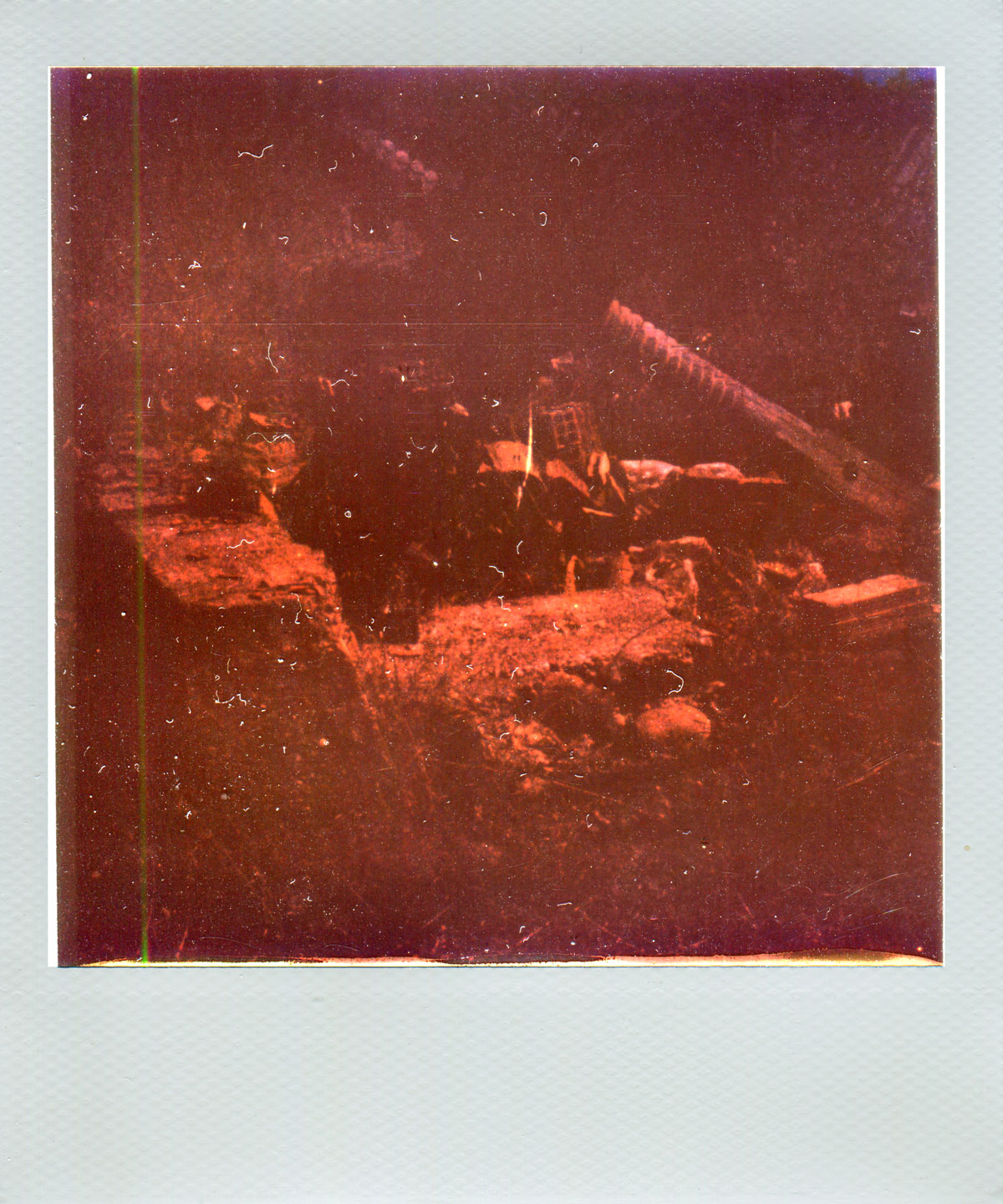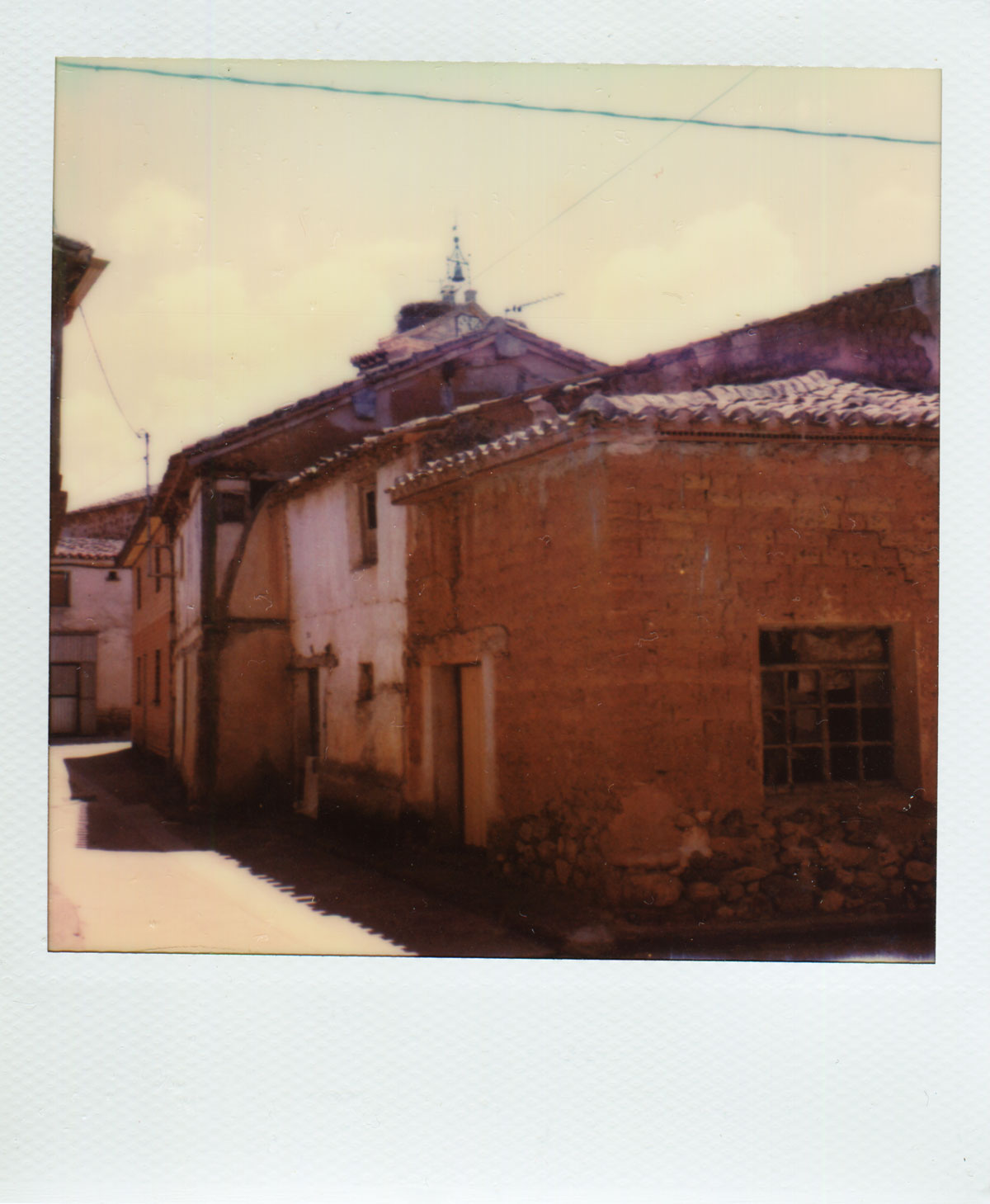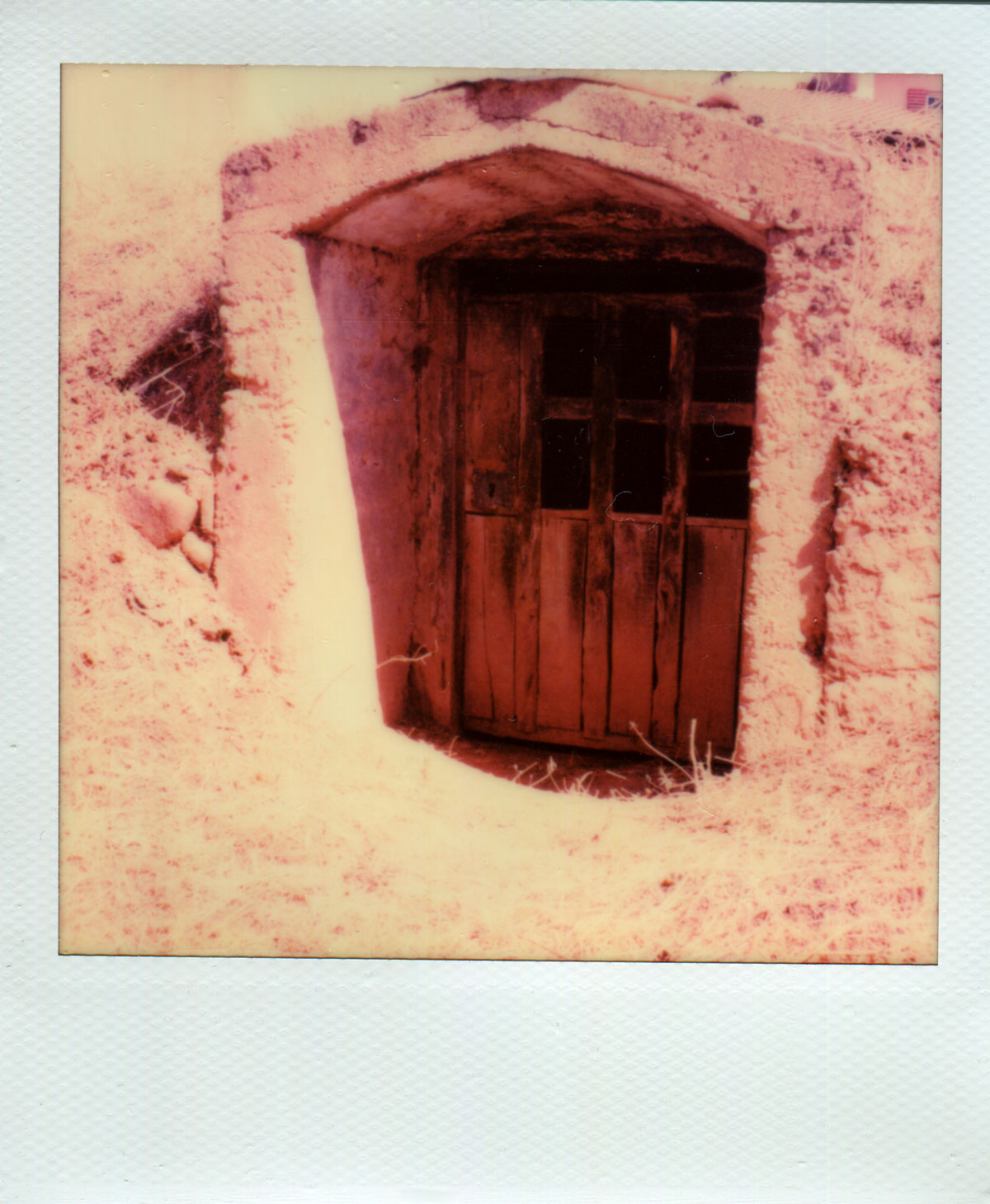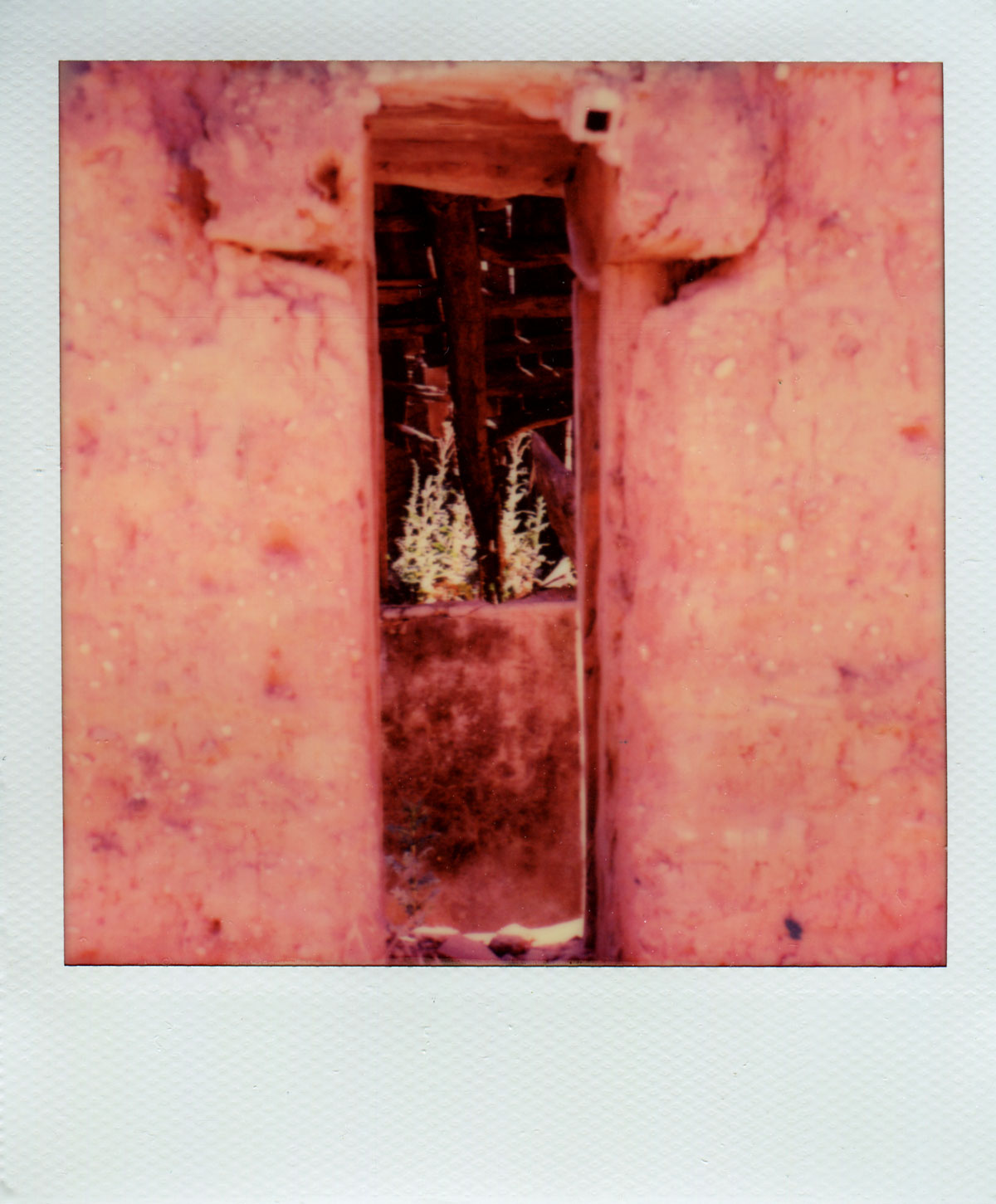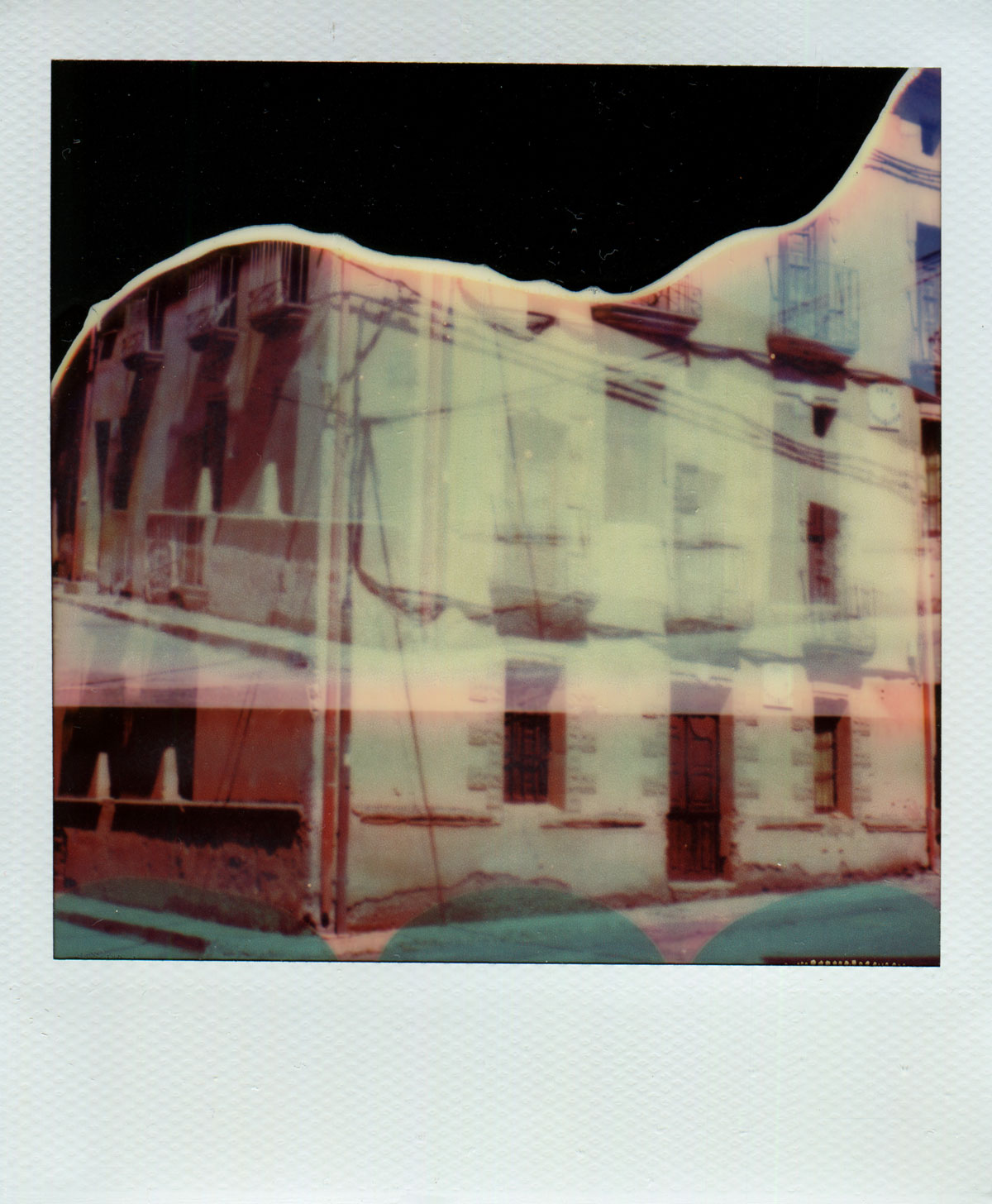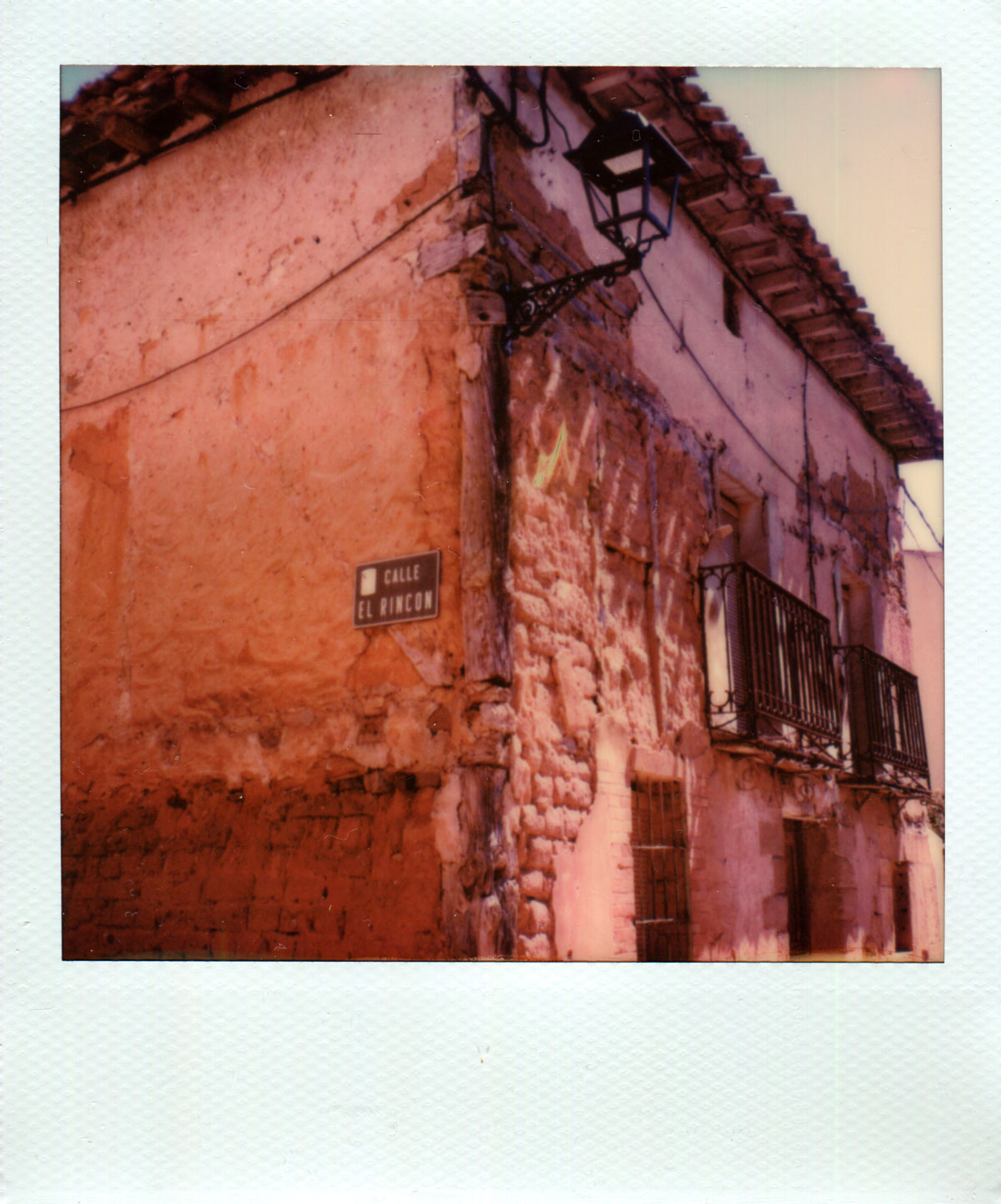What still persists
Time hides in places. Remains of lives inhabit the
ruins made by what are now exoskeletons. The
vigorous hand that once built a house, is now a bunch of bones in the ground.
Time keeps alive by feeding on ephemeral
glimpses of memories. Time is made of a consisting
matter and encloses in capsules with not sound or
image, but presence.
My roots, the long connection of
startdust and relationships that turned into who I am, come from a chain of
ruins. My roots are built on meta-ruins, a ruin built on a ruin. My parents
come from a humble village that fought the Napoleonic Wars in 1812 and was destroyed as a result. My roots are a
settlement, a sequence of generations of destruction and construction since the
Paleolithic.
Today, the village faces abandonment
and new ruins emerge between the visit of tourists, foreigners to the echoes of
the land. And the ruins scream, as if the
lives of those that once ocuppied their
streets were looking for a way to stay, to be heard,
as they have stories to tell, as they want to remain.
At the same time, I feel like I have
dishonored the history of my blood because there is a part on me that cannot
stay. I often live in the syndrome of the
eternal traveller, as if I was an aberration
on the DNA of my family, a nomad in a chain of settlers.
In “What
still persists” I listen to the remains of Quintanilla del Agua, and work
with photography archives of relatives and inhabitants of the village, trying
to understand the feeling of persistance and abandonment.
Ghosts persist and do
not give up easily.

